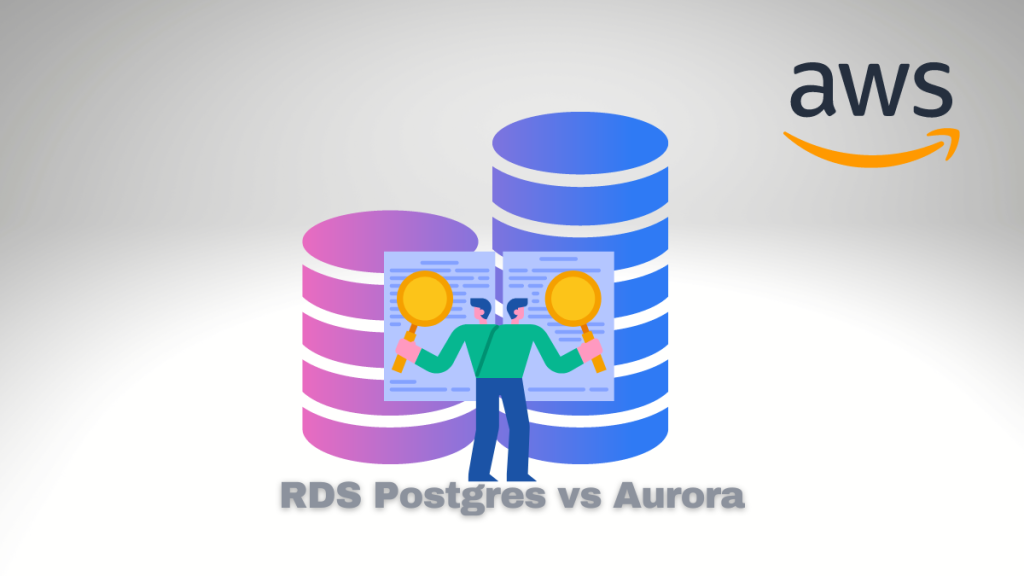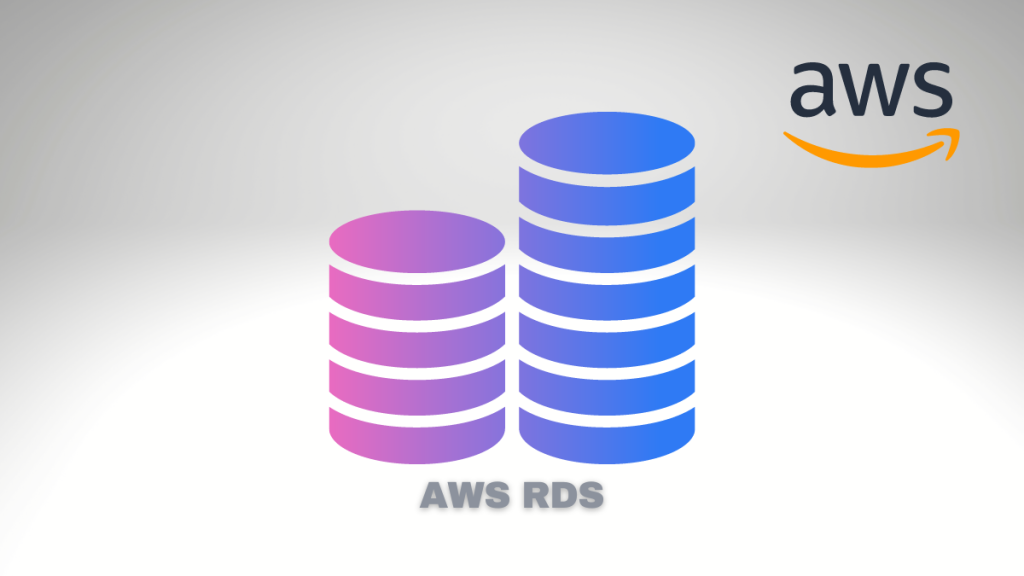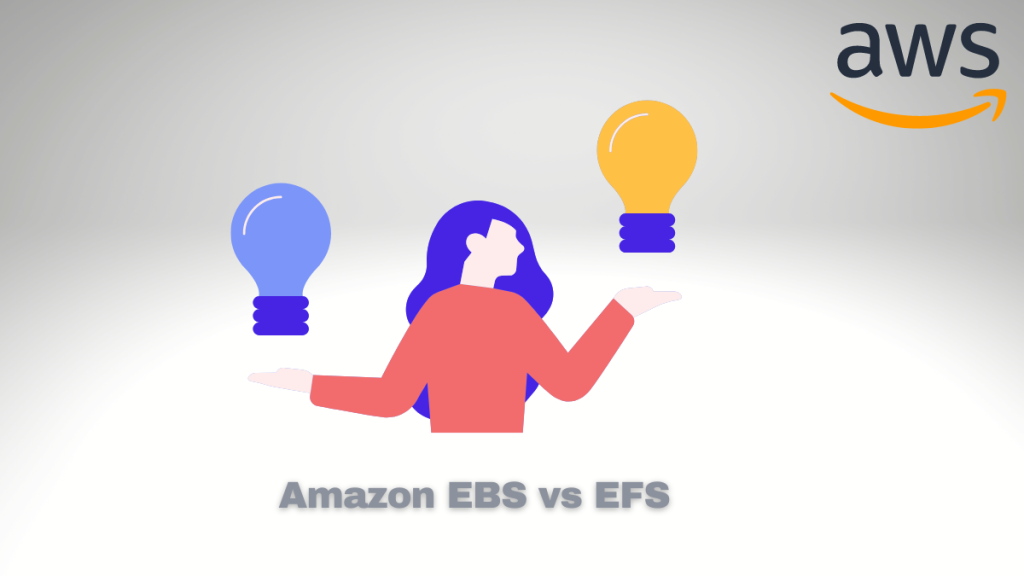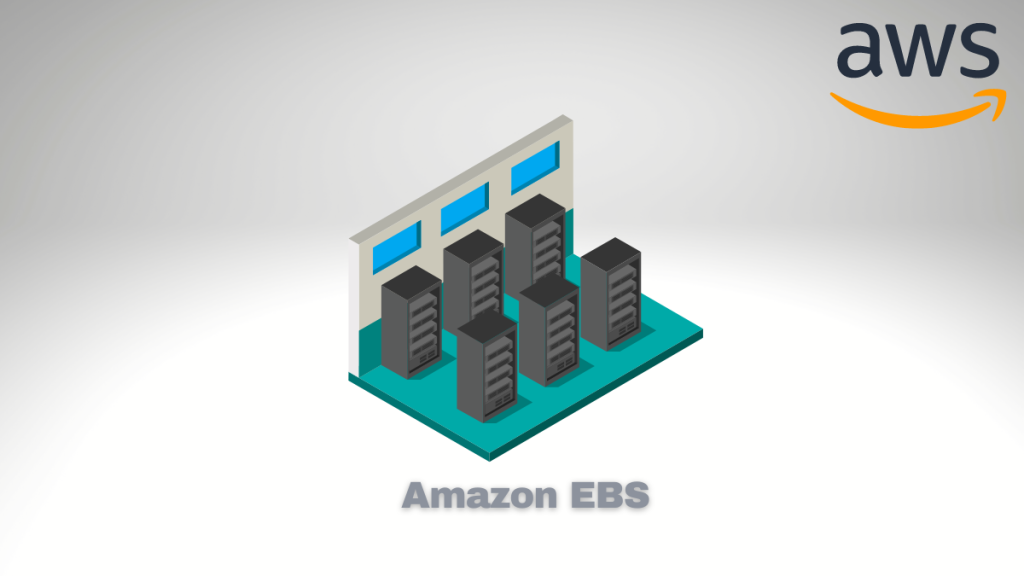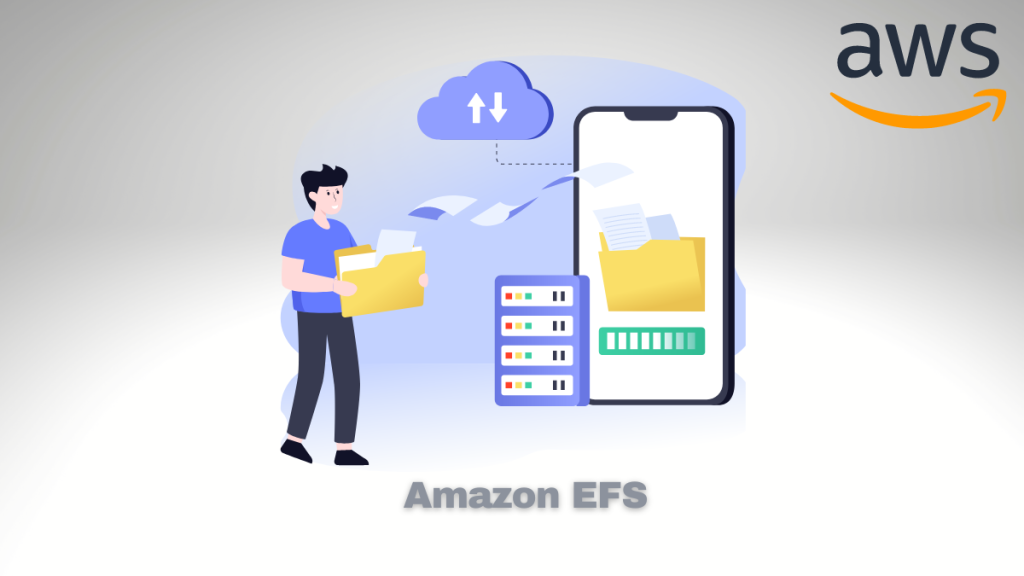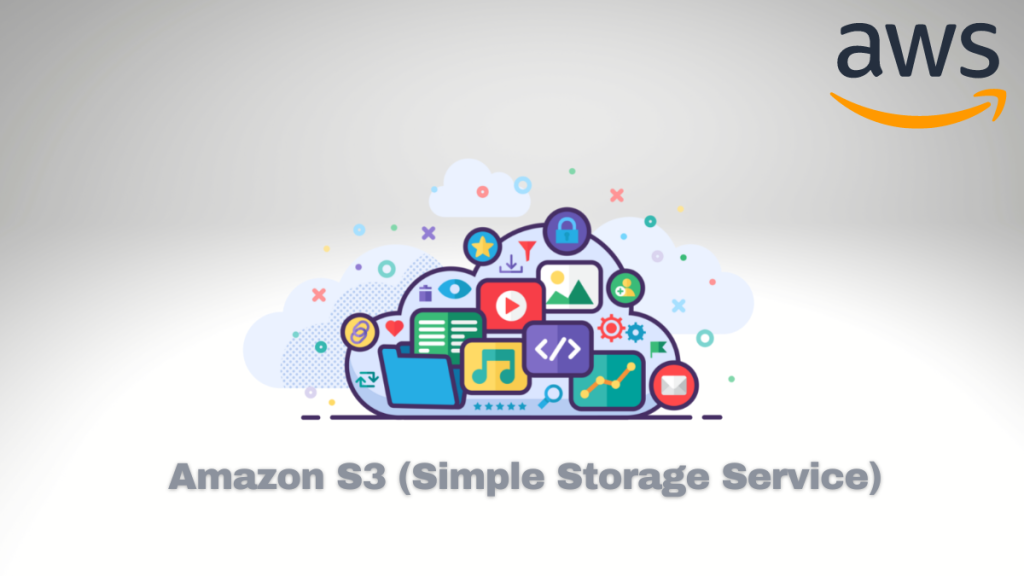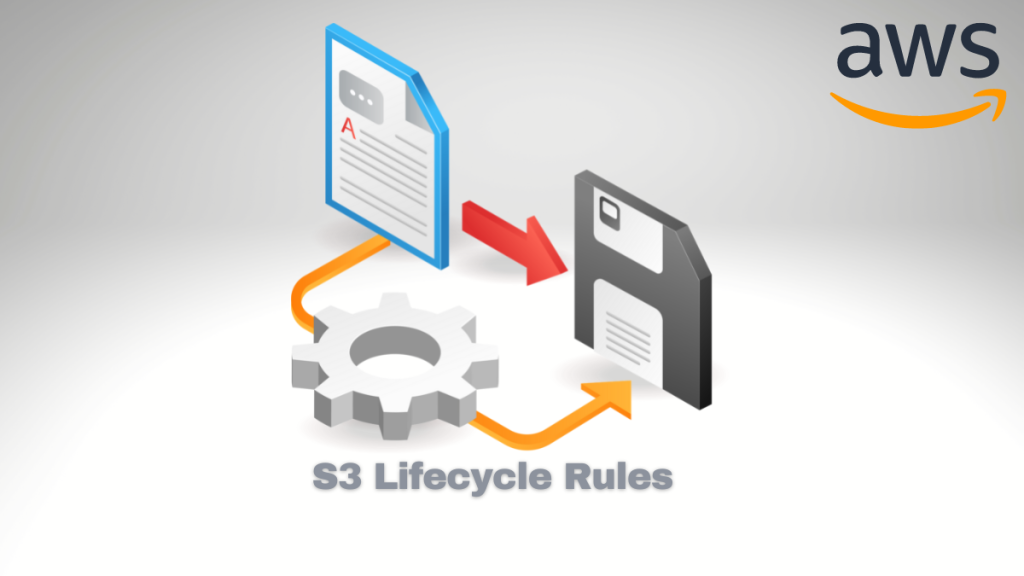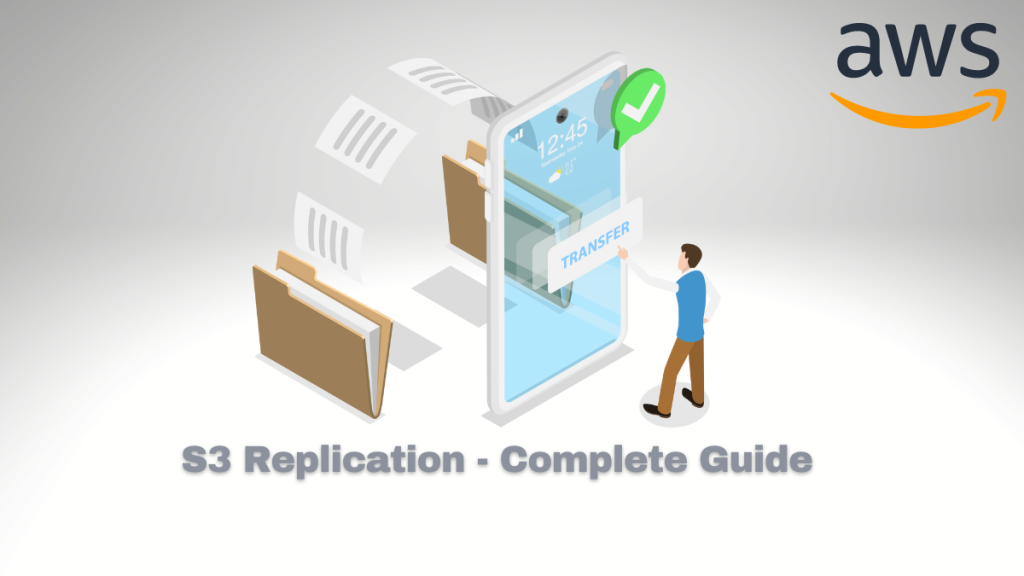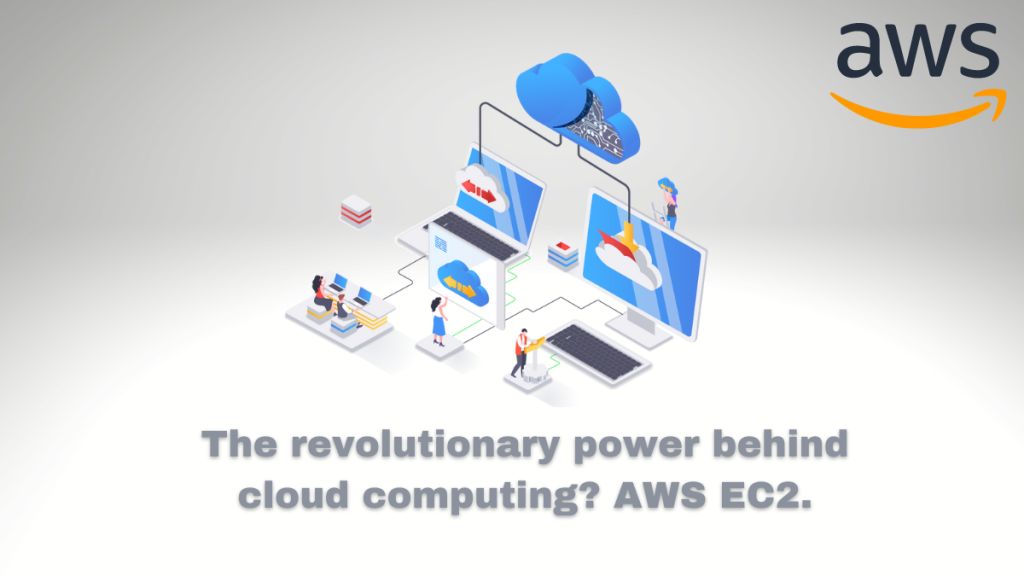Aurora vs RDS: What’s the Difference?
Organizations face the daunting task of choosing the right database solution. With so many options available, making an informed decision can be challenging. Organizations must know the critical differences between Amazon RDS PostgreSQL and Amazon Aurora PostgreSQL to ensure organizations can experience the best performance, scalability, reliability, security, cost, ease of use, and integrations available. …
